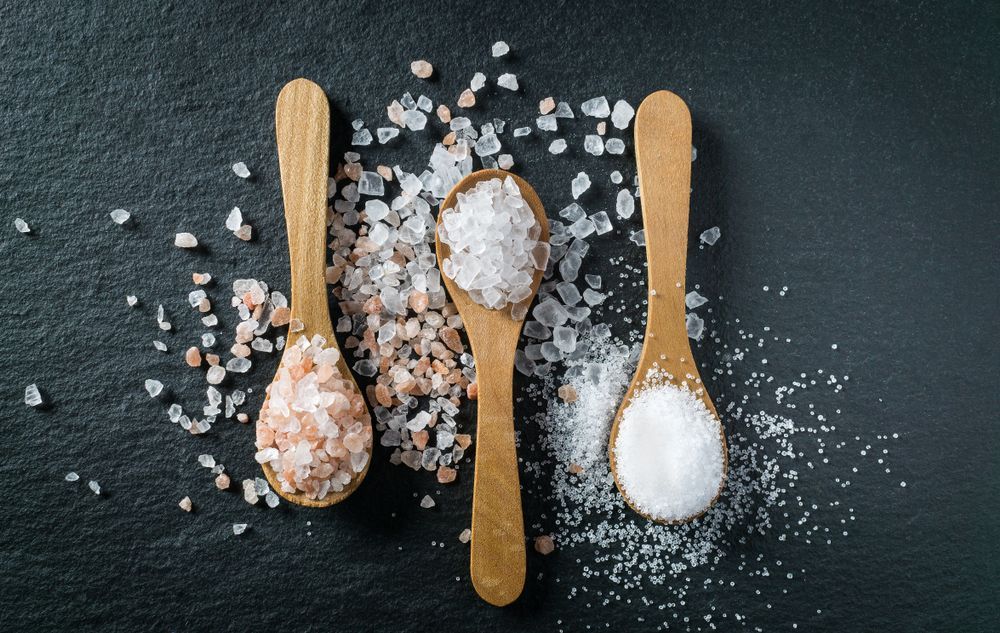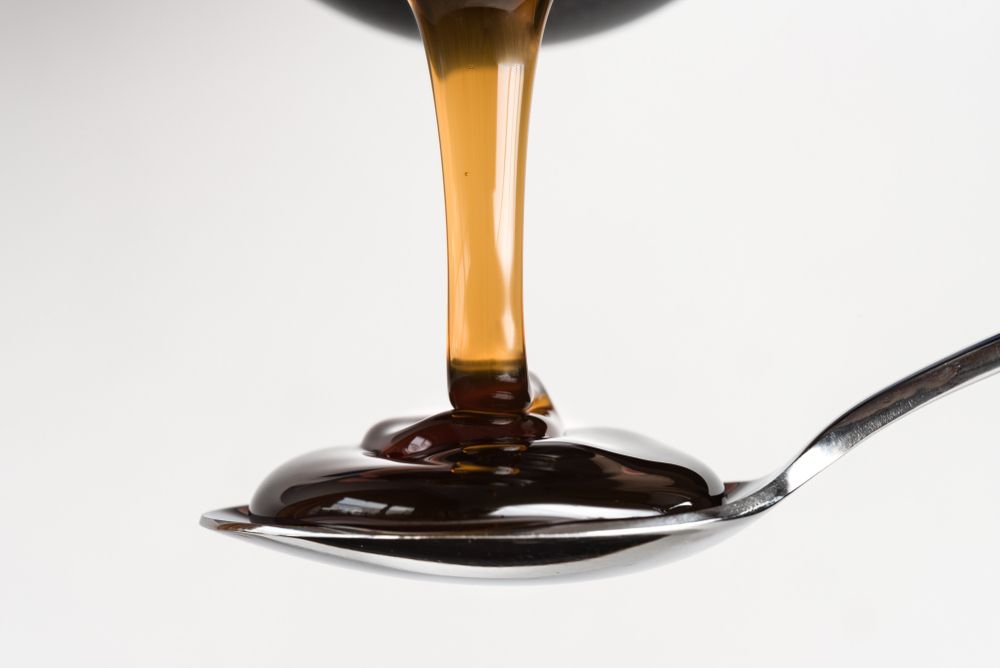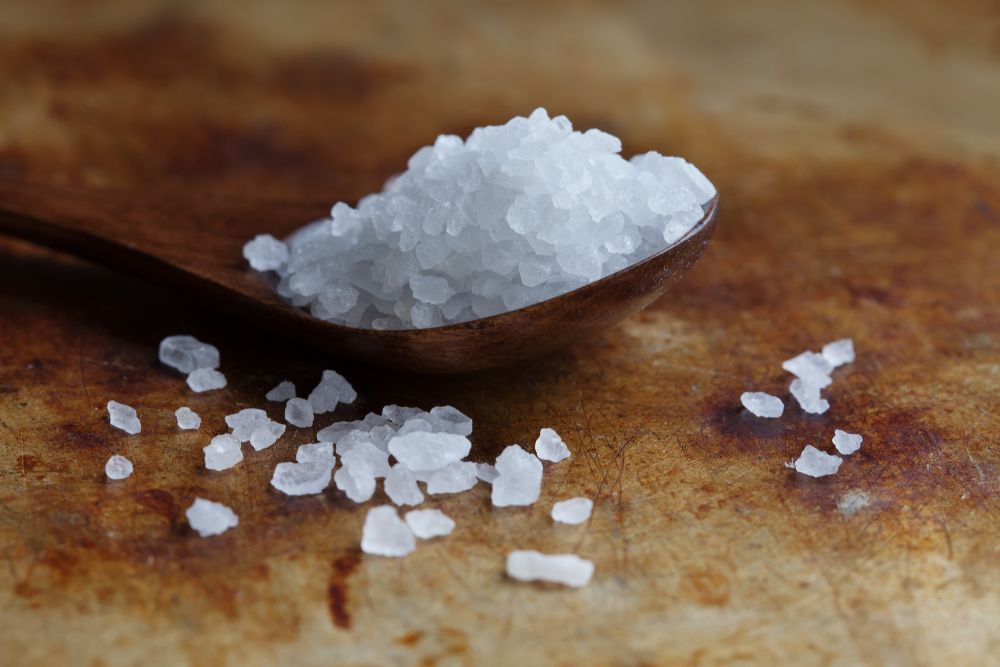Considerations for Beverage Sweetener Options
Written by: Indiana Sugars
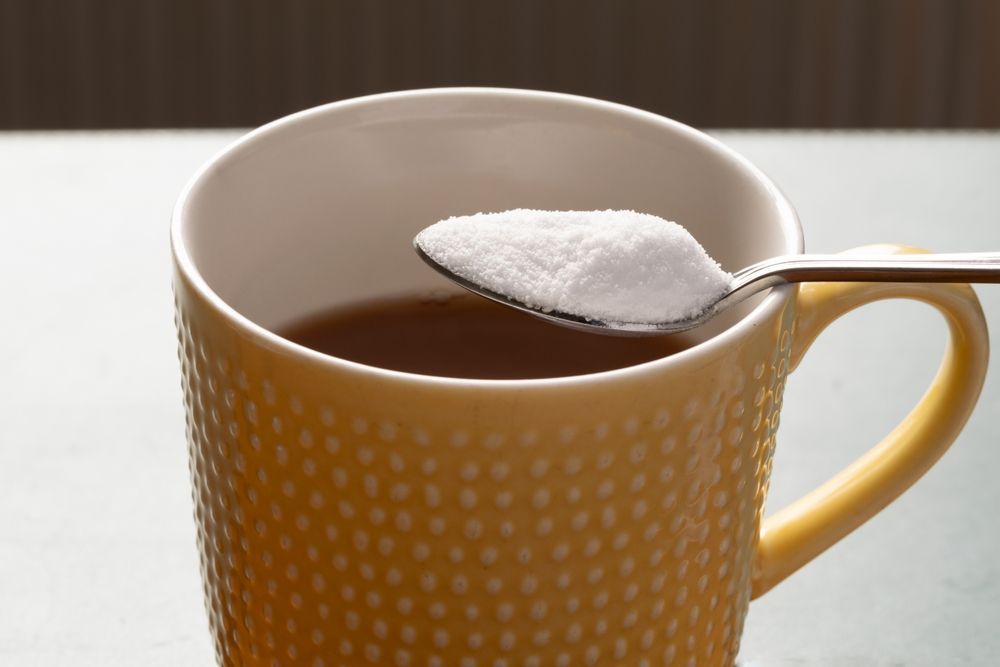
Most people who aren't that familiar with beverage production assume that all drink sweeteners are created equally. Once you get the rest of the flavor profile the way you like it, you add your desired sweetness and everything else takes care of itself, right?
Wrong.
As is true with so many other types of drink production and baking, every ingredient impacts each other and ultimately the finished product. Because of that, you need to understand what each unique beverage sweetener you're considering brings to the table in terms of the bigger picture. Only then can you choose the sweetener that best fits what you're trying to achieve.
The Role of Drink Sweeteners
Especially when it comes to something like soda, the main purpose of drink sweeteners is to give something a sugary taste. They provide a sweet flavor when added to a beverage, which is a big part of the appeal for a lot of people in the first place.
As is true with sugar in all types of cooking, though, it does have functions that extend beyond the straightforward. Drink sweeteners can help maintain freshness and quality, act as a preservative, and even add bulk to certain types of carbonated sodas.
Common Types of Sweetener Options
As you begin to weigh your sweetener options, you will discover that there are a few different types of sweeteners for you to choose from depending on your needs. Only by carefully considering what you're trying to accomplish will you be able to work your way backward to the one that meets your needs.
Sugar
When sugar is added to beverages as a sweetener, it's usually derived from sugarcane and sugar beets. It adds a rich, sweet flavor to whatever it is added to, bringing with it a fairly straightforward chemistry as well.
Natural Sweetener
Natural sweeteners can involve a few different types of products, including but not limited to ones like honey, agave nectar, maple syrup, and more. These are primarily used in beverages as an alternative to refined sugars.
Low or No-Calorie Sweetener
The list of products that fall into this category would include things like aspartame, sucralose, and Stevia, among others. They add a sweetness to the beverage, without adding much (if anything) in the way of additional calories. This is a big part of the reason why these low or no-calorie sweetener options are primarily found in the "diet" versions of popular beverages in particular.
Sugar Alcohols
Xylitol and erythritol are two examples of sugar alcohols that are used in a sweetening context. They provide fewer calories than sugar but often take on even the appearance and texture of sugar to the untrained eye. When consumed in large quantities, they can cause digestive issues in certain people, though, so you'll want to be careful when using them.
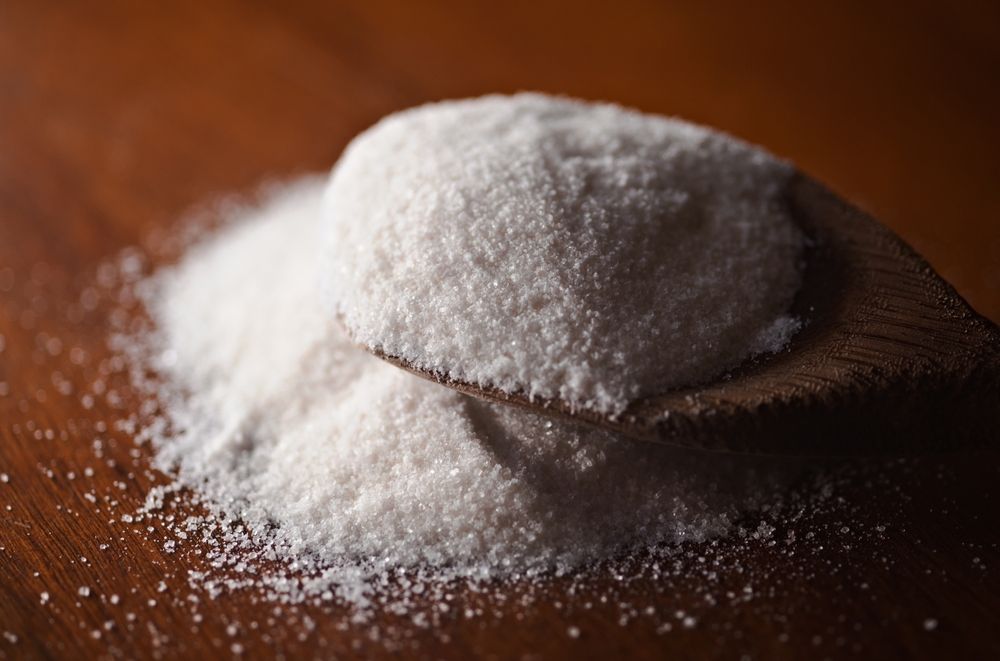
Considerations for Sweetening Beverages
As stated - not all types of sweeteners are created equally. Especially when you're talking about something as malleable as a beverage, you'll want to understand the differences between the types of sweeteners you're considering, all so that you can make the best choice possible regarding your options.
Flavor Profile
Depending on which type of sweetener you use, you can significantly enhance the flavor of the finished beverage. Many people think that low or no-calorie sweeteners have a unique aftertaste, for example. That's why some people think that "diet" drinks taste so markedly different from their "regular" counterparts. If that is part of what you're after, you might be able to create something truly unique depending on the properties.
Production Costs
It's also important to note that different sweeteners can increase or decrease your production costs depending on exactly which one you're talking about. Sugar is less expensive than a lot of the alternatives, for example, so if you're trying to save money, "old reliable" might be the way to go. If you're trying to experiment with other types of sweeteners in an attempt to make a "healthier" beverage, you might require some experimentation until you get things right. Others might be more difficult to work with, increasing your time to market and costing money that way as well.
Shelf Life
If you're spending a lot of time, money, and energy creating a beverage that isn't meant to be consumed immediately, you do have to think about shelf life and how a sweetener will impact that as much as possible. Some natural sweeteners have a shorter shelf life than traditional sugar simply because they are more "organic." This is one of the things that you'll have to balance alongside the other considerations like production costs.
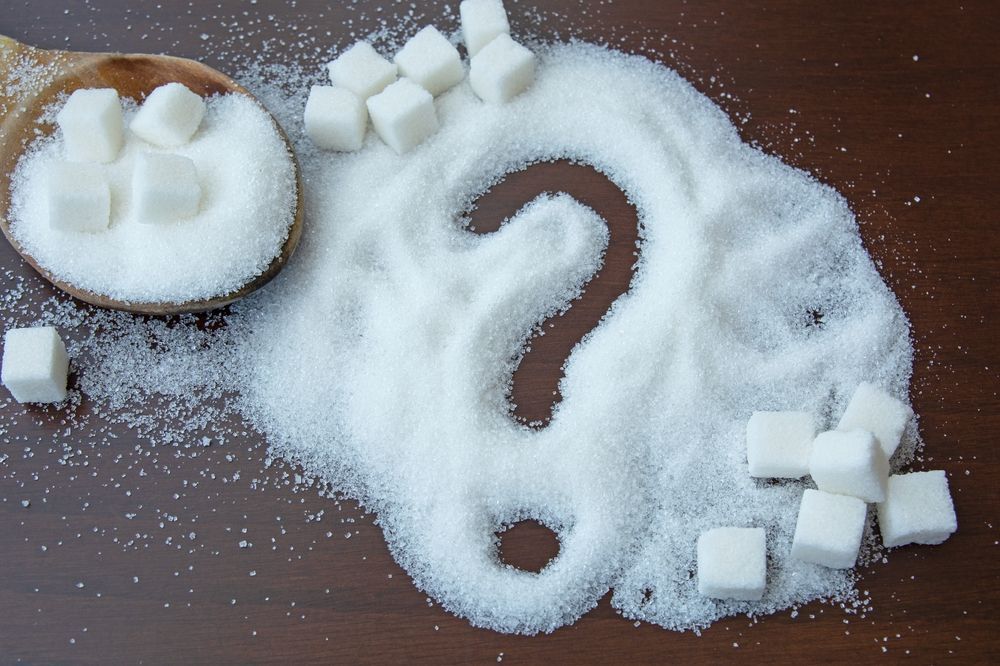
Consumer Health and Safety
Finally, you'll need to take consumer health and safety into account before you make a decision one way or the other. Too much of a good thing isn't safe for anyone, but sugar has a link to obesity and diabetes that is well-documented.
Regardless of the type of sweetener you choose, you need to be transparent about consumer health and safety concerns moving forward.
Find Bulk Drink Sweeteners at Indiana Sugars
At Indiana Sugars, we make it a priority to get your high-quality drink sweeteners and other important items to you as quickly as possible so that you can run the most successful business you can. If you live within a certain geographic area of our location, you'll be able to get your order in as little as 24 hours in most cases. Regardless, know that anything we ship to you will be thoroughly vetted and carefully tested to guarantee quality - all so that you can rest easy knowing that your drink sweetener needs are taken care of.
If you have any additional questions about types of sweeteners for beverages that you'd like to go into more detail about, or if you just want to get your next order started as soon as possible, please don't delay -
contact the Indiana Sugars team today.

